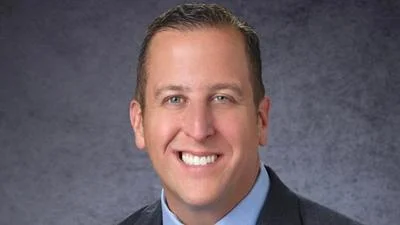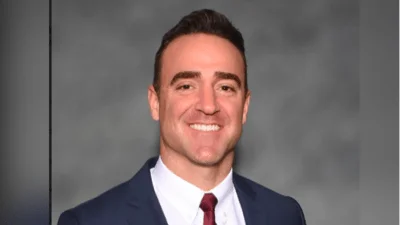Stifel, Nicolaus & Co., an international investment-banking firm in Missouri behind potential Will County tax hikes.
Stifel, Nicolaus & Co., an international investment-banking firm in Missouri behind potential Will County tax hikes.
If a proposed Will County sales tax takes effect, residents could end up forking over taxes on a tier equal to that of Chicago’s rates, according to a report by the Illinois Policy Institute (IPI).
County officials are considering a referendum that would hike the rates despite potential impact on local consumers. Illinois already imposes high figures compared to other Midwestern states, so the change would amplify the burden, according to the Chicago and Springfield-based think tank.
Multiple school districts in the county are behind the lobbying for the County School Facility Occupation Tax (CSFT).
Individual business districts previously selected their own tax rates, resulting in a variety of tax tiers depending on location. If the CSFT is enacted, consumers will encounter a 1 percent hike wherever they shop in Will County, no matter what the original figure. Not only do specific business zones stand to be affected, but also municipalities like Joliet, parts of Bolingbrook and Plainfield.
CSFTs aren’t new. State legislators authorized CSFT inclusion on election agendas via school board referenda in 2007 with the purpose of taxing retail products and vehicle fuel. Under CSFTs, monies collected from everything from gas stations to superstores fund regular upkeep, improvements and schools’ financial obligations.
Will County folks haven’t heard much about CSFTs until now because at a minimum half the county’s school districts (calculated by student numbers) would have to opt for CSFT inclusion on voting ballots. While more than two-thirds, or 68 percent, of Illinois counties have made it as far as that step, neighboring jurisdictions around Will County have not.
Indian Prairie District 204 is one body that recently embraced a CSFT referendum, however. On July 23, that district passed a resolution approving the proposal, with District 204’s Jay Strang telling the Naperville Sun that Will County was edging closer to the 50 percent requirement for the proposal to go to voters.
State-level regulations tie local school districts’ hands by requiring more cash from already burdened counties, pressuring officials to scramble for extra funding wherever they can find it, IPI said.
IPI previously reported that Stifel, Nicolaus & Co. — a private financial firm in Missouri —actively courted local leaders to stimulate CSFTs, their motive being to profit by handling the inevitable refinancing ventures resulting from those very increases, according to the institute.
“Stifel … is a multibillion-dollar international investment-banking conglomerate headquartered in Missouri that pushes the CSFT tax,” said IPI’s Brian Costin in October 2014. “Stifel makes money by handling the bond sales of local governments wanting to borrow large sums of money … Stifel assists school districts in passing tax hikes, and in return they make a not-so-subtle pitch for their services in return.”
Arguing that a Will County CSFT would strain consumer resources excessively, IPI analysts recommended that elected officials instead make proactive decisions at the state level — where change must originate for local constituents to experience economic relief — by enacting realistic modifications to Illinois law.
“Lawmakers must introduce real fiscal reforms – including constitutional changes to laws governing pensions and collective bargaining power – that would empower school districts to control their finances, rather than continuing to lean on overtaxed residents,” IPI’s Vincent Caruso said.






 Alerts Sign-up
Alerts Sign-up